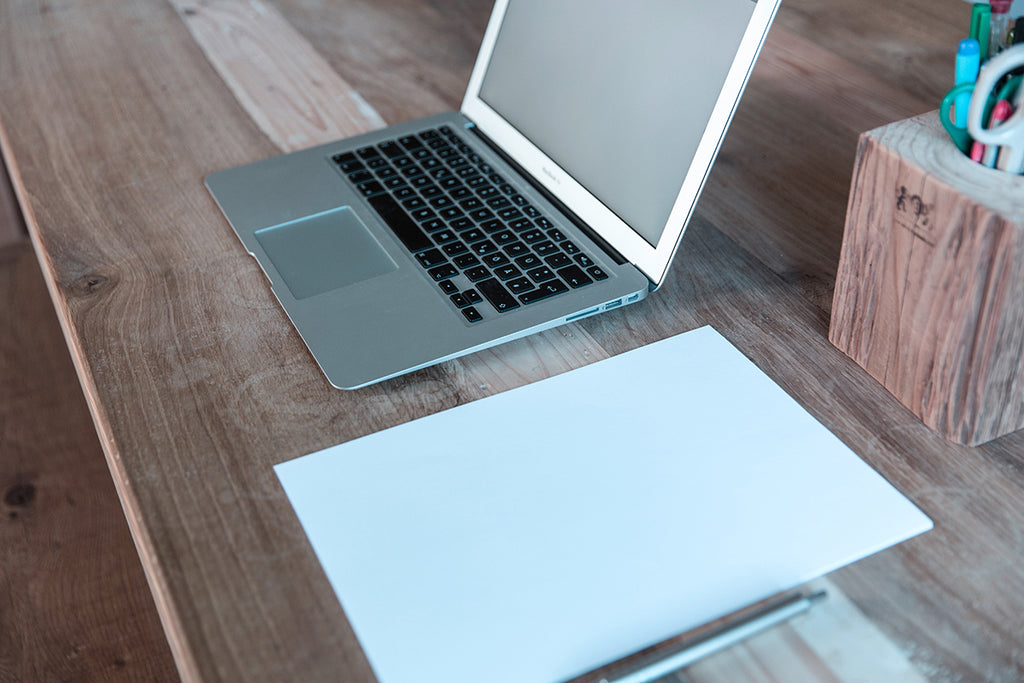sit less. stand more.
In today's world of ongoing technological advances, an average of 70% of people sit for most of the working day. More technology inevitably means more work enabled by computer, and less manual, physical work necessary to get us out of our chairs.

However, the effects of a sedentary lifestyle are not to be envied; stiff joints, weight gain and muscle loss, to name a few. With ever more of us spending significant time in offices and at desks, it forces physical activity onto a checklist. Gym memberships, running clubs, and exercise classes all become one extra thing we have to squeeze in before or after work, because activity is no longer part of our day.
A lack of physical stress can have a profound effect not only on our bodies, but on our minds too. Without the endorphins induced by exercise we are prone to lethargy and even depression.
The science behind the benefits of sitting less may be surprising; it's all to do with astronauts. Sitting simulates a low-gravity effect on our bodies, which exacerbates cell deterioration. The good news is that to reverse this, you won't need to squeeze in extra time at the gym. All you need to do is stand.

Bending, stretching, and simply standing up increases the force of gravity on our bodies. Although vigorous exercise (and plenty of it) is great for your body, studies have shown that your sessions at the gym will do little to combat the effects of prolonged sitting. Interruptive, intermittent periods of activity need to be introduced to your day to allow your body some respite from the punishing conditions of sitting.
Recommendations are that of each 30 minutes, you should spend 20 sitting, eight standing and two moving around. For those working the average eight hour working day, this will add up to over two hours of standing time. In the long run this could translate into lower diabetes and heart disease risk, and improved metabolism. If you'll struggle to get into this habit, most smart watches have a function to remind you, and there are desktop apps available too.

"The reason [standing could be good] is because when we stand there are many muscles working to keep you standing... whenever muscle is used, it consumes sugar and affects triglycerides," - Dr. Francisco Lopez-Jimenez, director of preventive cardiology at the Mayo Clinic in Rochester
Activity throughout the day also gives a temporary increase in blood flow and boost in endorphins, which in turn leads to hyper-oxygenation of the brain. Whilst the actual activity may only last a couple of minutes, the effects on your concentration and productivity can last a lot longer.

It's safe to say that the toll from extended periods of sitting can be dangerous to your ongoing health. You don't need to abandon your desk altogether, but take the time to move. Do it sooner, rather than later, and you will reap the benefits for your mind and body.
If you enjoyed reading our post, feel free to share it via our ready-to-go tweet link.


